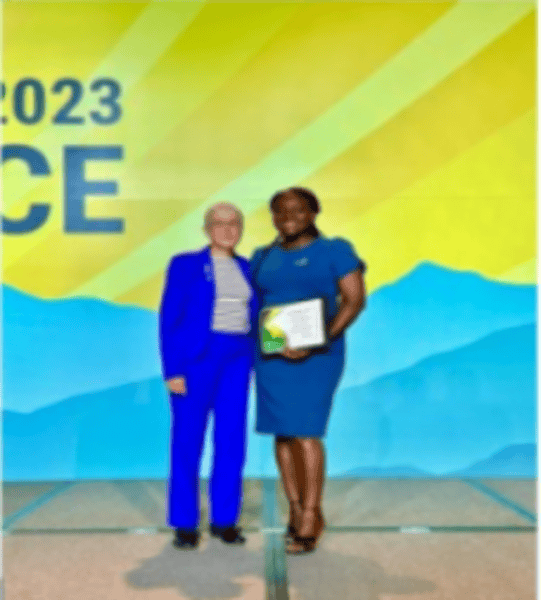It is quite unlikely that a congratulations email from a Ghanaian university or organisation will arrive in the inbox of a top student in the country.
The educational system in Ghana falls short of these offerings, which provide pre-made career roadmaps along with stipends, mentorship, and opportunity to conduct research abroad.
Possibilities Abroad, Deficits Domestically
Oversubscribed and scarce, scholarships in Ghana are hard to come by. Students are left to cover living expenses, research fees, and conference travel by the handful that do exist, with a concentration on tuition.
Applicants express dissatisfaction with the lack of feedback, ever-changing standards, and shortened deadlines. Laboratory funding is inadequate, and there is a lack of both journal access and possibilities for fieldwork.
There is an abundance of fellowships supported by corporations and foundations overseas.
Furthermore, they cover the costs of research, internships, and professional development in addition to tuition. Oftentimes, the choice becomes very obvious for Ghana’s brightest: focus on the outside world.
An Academic’s Narrative
Juliana Somuah’s story is a prime example of this trend. She studies sustainability, leadership, and facilities management while pursuing a doctorate at UNC Charlotte; all three areas are important to Ghana’s progress.
For the year 2024, Somuah was awarded the prestigious Buck Fisher Greater Triangle Scholarship from the IFMA Foundation in the US.
One of the perks of the award was a fully paid trip to San Antonio, Texas, to attend the IFMA World Workplace Conference, the biggest annual gathering of facility management experts in the world.
Building on that recognition, Juliana has continued to excel internationally. At the recently held World Workplace Conference in Minneapolis, Minnesota, she received the Women in Facilities Management Award, a distinguished honour that celebrates her contributions to advancing leadership and sustainability in facility management.
This achievement further underscores her rising global profile and the irony of Ghana’s inability to retain such talent.
She helps out with research at IFMA that looks at things like leadership styles, workplace trends, and AI-powered facility solutions.
The way in which MNCs handle infrastructure, expenses, and energy is already being influenced by these projects.
There is a remarkable similarity to Ghana, where colleges, hospitals, and ministries have comparable problems but do not have the means to access such state-of-the-art research.
Honouring Our Nation, Persistent Irony
While celebrating Somuah’s achievement, we should not lose sight of the fact that our nation still faces a serious problem.
Though her early education was fostered in Ghana, she is thriving because of the enhanced help she receives from institutions abroad.
She will undoubtedly be known as “American-trained” as her career develops, a description that acknowledges her Ghanaian roots but also draws attention to the country’s talent loss.
Nobody has this problem except Somuah. The business sector in Ghana has not yet embraced philanthropy in higher education, and as a result, university funding is inadequate.
Scholarships abroad attract students who might otherwise remain because of the unique opportunities they provide, such as financial support, international experience, and connections that are difficult to get back home.
Brain Drain and Its Costs
Brain drain is an inevitable consequence. Graduates with a high level of talent typically depart for greener pastures and return with little to no inclination to stay.
Abroad offers better employment opportunities, more stable finance, and competitive incomes, so staying is the logical choice. This has led to a gradual exodus of knowledge from Ghana in areas that are vital to the country’s progress.
The paradox here is that Ghana’s brightest are making waves overseas in fields exactly where the country is struggling, such as with escalating energy prices, outdated infrastructure, and a lack of skilled workers. Ghana sits on its hands while other countries reap the benefits of this information.
Things That Must Alter
Ghana needs to do more than just honour its students studying abroad if it wants to turn this trend around. The system needs to be designed to make them feel at home. In other words:
- Local scholarship opportunities should be expanded to provide full coverage, including living stipends and research funding.
- Priorities for national development should inform investments in research-to-practice laboratories.
- Developing pathways for scholars studying abroad to receive funding and guidance upon their return.
- Motivating businesses to sponsor graduate programs in vital areas.
Until then, the outpouring of congratulations from around the world will continue, serving as a sombre reminder of the exceptional kids from Ghana and the possibilities that are passing the country by.

Source: Isaac Adams



